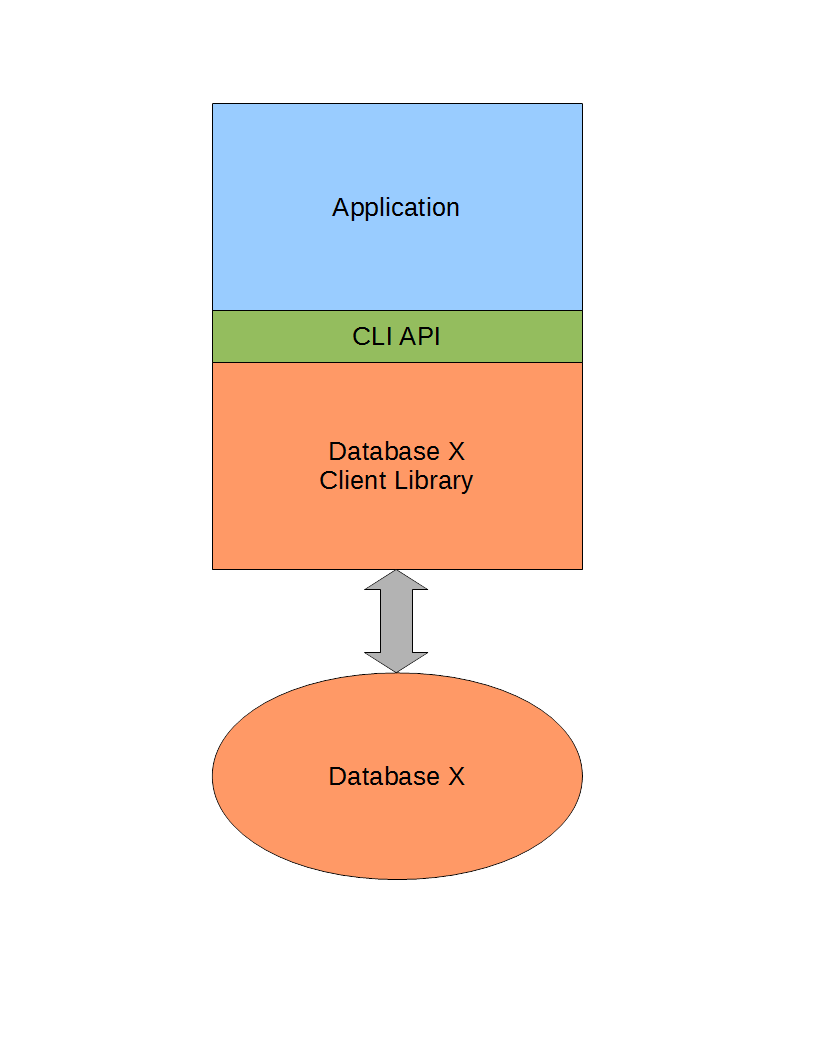

- #› if _win32 is defined on windows, what is defined for linux or mac? code
- #› if _win32 is defined on windows, what is defined for linux or mac? windows
All these functions return a corresponding template type the template types can be replaced by any other type. You can retrieve the minimum and maximum of two given objects using qMin() and qMax() respectively. The remaining macros are convenience macros for larger operations: The QTTRANSLATENOOP () and QTTRNOOP () macros provide the possibility of marking text for dynamic translation, i.e.
#› if _win32 is defined on windows, what is defined for linux or mac? code
The purpose of these macros is to enable programmers to add compiler or platform specific code to their application. These functions take a template type as argument: You can retrieve the absolute value of an object using the qAbs() function, and you can bound a given object's value by given minimum and maximum values using the qBound() function. For example, QOSWIN32 which is defined for Microsoft Windows. The header file contains several functions comparing and adjusting an object's value. Several convenience type definitions are declared: qreal for double, uchar for unsigned char, uint for unsigned int, ulong for unsigned long and ushort for unsigned short.įinally, the QtMsgType definition identifies the various messages that can be generated and sent to a Qt message handler QtMsgHandler is a type definition for a pointer to a function with the signature void myMsgHandler(QtMsgType, const char *). The header file also declares the qlonglong type definition for long long int ( _int64 on Windows). The header file declares several type definitions that guarantee a specified bit-size on all platforms supported by Qt for various basic types, for example qint8 which is a signed char guaranteed to be 8-bit on all platforms supported by Qt. And finally, some of the declared macros enable programmers to add compiler or platform specific code to their applications, while others are convenience macros for larger operations. The functions are related to generating messages, Qt version handling and comparing and adjusting object values.

The type definitions are partly convenience definitions for basic types (some of which guarantee certain bit-sizes on all platforms supported by Qt), partly types related to Qt message handling. The global declarations include types, functions and macros. Q_ASSERT_X(bool test, const char * where, const char * what) QT_TRANSLATE_NOOP3( context, sourceText, comment)
#› if _win32 is defined on windows, what is defined for linux or mac? windows
This means that if you use Windows 95 or later, you can run 32-bit applications on your computer. It has been used for Windows 95, Windows 98, Windows NT, and newer Windows operating systems. But I'm still not sure about WIN32 for 64-bit builds.QT_REQUIRE_VERSION(int argc, char ** argv, const char * version) This is the Windows application programming interface (API) for developing 32-bit applications. Nothing to do with 64 or 32-bitness.Īt minimum you need to manually define _WIN64 for 64-bit builds and WIN32 for 32-bit builds (although the first one is unclear now since SiCrane sees different results than me). On non-Windows hosts, any path that begins with a tilde () evaluates to true. This means a path like C:nobasedir will evaluate to true, even though the non-drive part of the path is relative. C:), a forward slash or a backslash will evaluate to true. It probably will only make a difference in obscure scenarios, but I'm just curious as to the actual correct way.Īlso, another comment to Jan above, is that NTDDI_VERSION and _WIN32_WINNT are only for specifying the minimum os version you wish to run on. On Windows hosts, any path that begins with a drive letter and colon (e.g. That aside, it still leaves the issue unclear as to whether or not I need to #define WIN32 in a 64-bit build. So I'm not sure why I'm seeing different results than you. Googling for the problem and other people say Visual Studio 2008 does not actually define it for you.Īlthough like you said, MSDN docs suggest that _WIN64 is defined by the compiler. For me, the following fails to print a compiler error:


 0 kommentar(er)
0 kommentar(er)
